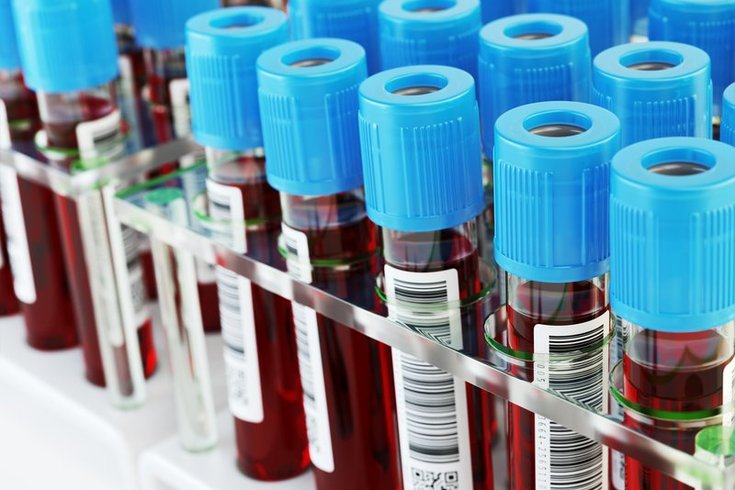
January 06, 2025
 Source/Image licensed from Ingram Image
Source/Image licensed from Ingram Image
Pennsylvania's Medicaid program now covers biomarker testing, which can help doctors identify personalized cancer treatments that improve chances of survival and reduce side effects.
Changes to Pennsylvania's Medicaid program this year include added coverage of biomarker testing for cancers and reimbursements for doulas, a move aimed at expanding access to their services.
As of Jan. 1, all state-regulated medical plans, including Medicaid, must now cover biomarker testing, which is used to determine the unique makeup of a person's cancer. Using blood or tissue samples, these tests identify genes, proteins and other biomarkers. From there, doctors can provide tailored care that includes the most effective treatments – sometimes with reduced side effects.
For instance, patients who used biomarker testing with a certain type of lung cancer and a targeted therapy saw a 31% decrease in risk of death, according to the American Cancer Society's Cancer Action Network.
The new law, signed by Gov. Josh Shapiro last summer, brings insurance coverage up to date with the latest technology. Proponents said some patients previously were forced to pay out of pocket for biomarker testing or forgo this potential pathway to lifesaving treatment.
Additionally, state-certified doulas now can get directly reimbursed from Medicaid for providing support services for childbirth, shoring up a coverage extension put in place last year.
"Doula services and biomarker testing will benefit Pennsylvanians who receive Medicaid by providing them and their health care teams with resources and information to help them, and their families, make decisions about their care and improve health outcomes for individuals and families," the Department of Human Services said last week in an emailed statement.
Doulas are not medical professionals, but they are trained to provide emotional and physical support to people before, during and after childbirth. They may offer breathing techniques during labor, help developing birth plans and offer massages for pain relief.
Medicaid began covering doulas services in February, when patients were allowed to add them to their care teams and doulas could contract with providers. Now, they can serve as independent contractors and bill Medicaid directly for services provided from pregnancy to one year postpartum. The change is aimed at expanding access to their services.
"The support of a doula during labor and postpartum results in a reduced need for clinical procedures during labor and birth, fewer birth complications, and more satisfying experiences during labor, birth and postpartum," DHS said in its emailed statement.
This expansion in care is part of the Shapiro administration's effort to reduce maternal mortality rates and improve care, especially among Black women. Black Pennsylvanians have the highest pregnancy-related maternal mortality ratio, at 148 deaths per 100,000 live births. That's nearly double the rate of white women – 81 deaths per 100,000 live births.
To be recognized by Medicaid, doulas must be state certified. Currently, 44 doulas and doula groups are enrolled in Pennsylvania's Medicaid program, according to DHS.